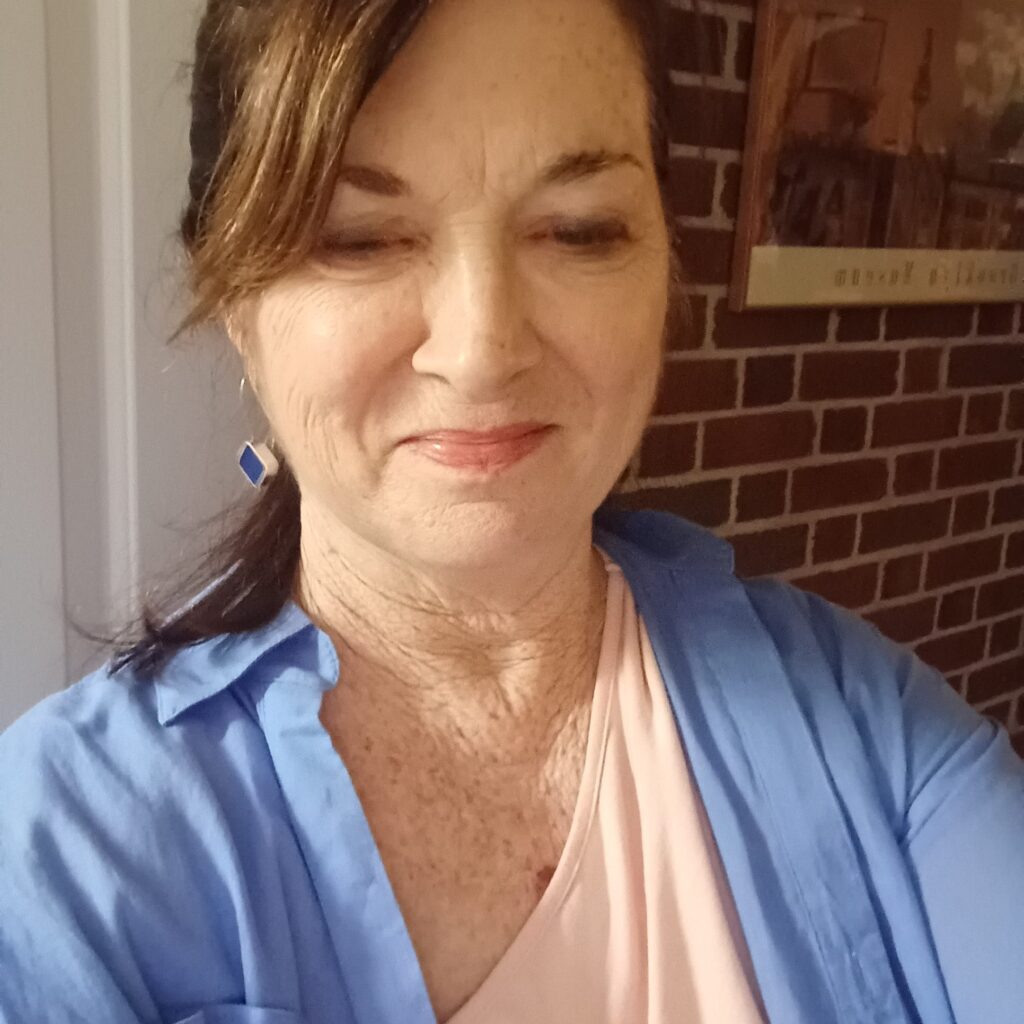As a physician assistant, I have the privilege and responsibility to care for people of all ages and backgrounds. Exploring the practice and philosophy of yoga has helped me avoid internalizing the frustrations that can come with this work. Yoga has helped me learn more skillful ways to navigate the boundaries I need to keep while helping people who want and need more from me.
Some people are very ill, others need a checkup, or have a minor illness or injury. Some have questions about their health, a genetic risk, or lifestyle goals. We see those who suffer in physical or emotional realms that are hard to name.
Each day, we walk into the lives of our patients with an open heart, having learned to maintain the professional boundaries that allow us to stay objective in evaluating their concerns.
Our training, experience, and skills create a fluency in diagnostics. The more skilled we are, the more we practice intuitively—feeling for demeanor and tone of voice. We read between the lines of someone’s medical history, their list of medicines and we tease out the story.
Over two decades of practice, I have been witness to the cumulative sorrows and joys of hundreds of thousands in my care. I have been fortunate to have shared in heartbreaks and to celebrate milestones, to teach about disease, how to heal or avoid an injury, counsel on child development, aging, parenting, and diabetes. These many thousands of conversations are at the core of what we do. Yet to remain effective we must learn the art of self-care.
Studying yoga for the last 15 years and now teaching these practices, has improved my work life balance. Yoga is not a way to tune out, but to tune in. And it remains a privilege to share these teachings.
Too often we burn out from the intense interpersonal engagement, along with the incessant administrative and institutional expectations. It is hardly breaking news that more demands are placed on health care providers all the time. The near constant psychological, institutional, and physical demands take their toll. Resources are stretched thin and many seasoned providers feel compelled to leave medical practice entirely.
Our institutions grow top heavy with administrators who were once clinicians. Those of us in practice face more benchmarks, metrics, and hoops to jump through to just be paid fairly. Less investment is directed toward staff, nursing, clerical, and professional development. It can sometimes feel intentional.
Be it a passion for science or a desire to help others, our original goals recede as we experience more and more stress. Business-centered leadership strategies hurt us all, as we are less able to craft our approaches to practice. We lose control over staffing, scheduling, recruitment, and retention, as well as the ability to set a tone for our practices. Collectively we feel choked, voiceless in the machine that determines our careers. We are less recognized for our ability to negotiate the complexities of modern medicine and pressured to click more boxes to simply be compensated for our work.
In response to these pressures, I have offered a free weekly class for my coworkers. For the past six years, we have savored ancient practices that cut to the core of our being, that teach us to breathe, to reflect, to clear our minds, to put down the electronics and be in our own bodies. We begin to rediscover ourselves.
Practicing every day, for even a short time, reestablishes my balance and perspective. I look up and out into the world, see more than my own small cubicle or exam room.
Let’s counter the image of the provider whose head is down, typing while patients talk. Let us sit with the patient and take notes, read their faces and body language, feel for the spaces between the sentences. Let’s give them time to tell their story and listen respectfully. May these practices continue to enrich what we do, on and off the mat.

